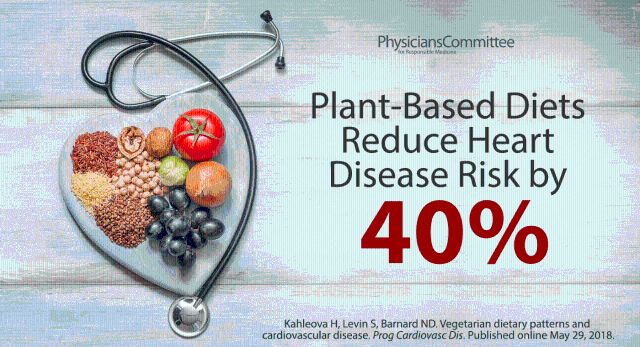In the quest for a healthier, longer life, the food we choose to eat plays a pivotal role. Recent findings from a comprehensive review published in PLOS One have illuminated the profound impact that vegetarian and vegan diets can have on our well-being. The research, which scrutinized nearly 50 studies conducted between 2000 and 2023, has revealed a consistent pattern: those who forgo meat in favor of plant-based foods are less likely to suffer from heart disease, certain cancers, and premature death.
The Benefits of a Plant-Based Diet: Disease Prevention and Beyond
The connection between a meatless diet and reduced risk of heart disease is particularly compelling. The studies analyzed showed that vegetarian and vegan diets are associated with a decrease in the risk of ischemic heart disease, which is caused by narrowed arteries. This is a significant finding, considering heart disease remains one of the leading causes of death worldwide. Moreover, these diets are linked to a lower likelihood of dying from cardiovascular disease, offering a beacon of hope for those looking to improve their heart health.
Cancer prevention is another area where vegetarian and vegan diets show promise. The review highlighted a reduced risk of prostate cancer and gastrointestinal cancers, such as colon cancer, among those who adhere to these diets. This is a remarkable discovery, as it suggests that what we eat can influence our cancer risk. The World Health Organization has classified processed meats like bacon and salami as carcinogenic, and red meat as a probable carcinogen. By eliminating these from one’s diet, it seems one can potentially lower their cancer risk.
The benefits of a plant-based diet extend beyond disease prevention. These diets also contribute to a lower body weight, reduced inflammation, and decreased levels of ‘bad’ LDL cholesterol. These factors are all known contributors to chronic diseases, and their reduction can lead to a healthier, more vibrant life. It’s not just about what is absent from these diets, but also what is present: high amounts of fiber, anti-inflammatory nutrients, and antioxidants all play a role in the health advantages observed.
The review’s co-author, Matthew Landry, an assistant professor at the University of California, Irvine, emphasizes that you don’t need to commit to a full vegan lifestyle to reap the benefits. Even reducing animal-based consumption a few days a week can make a significant difference over time. This is encouraging news for those who may find the idea of completely giving up meat daunting.

Considerations for Adopting a Plant-Based Diet: Not All are Created Equal
Not all plant-based diets are created equal. Dr. Walter Willett of Harvard T.H. Chan School of Public Health points out that a diet consisting primarily of refined starches and sugar, though technically vegetarian, is far from beneficial. A truly healthy plant-based diet should be rich in whole grains, fruits, vegetables, nuts, soy, beans, and non-hydrogenated plant oils. These foods provide the body with essential nutrients and help maintain overall health.
The absence of meat in the diet also means a reduction in saturated fat intake, which is notoriously difficult to achieve when consuming animal-based foods. Cheese, for instance, is a major source of saturated fat in many diets. By opting for plant-based alternatives, individuals can significantly lower their intake of this unhealthy fat.

While the review is overwhelmingly positive about the health benefits of vegetarian and vegan diets, it does not recommend them for everyone. During pregnancy, for example, a strict vegetarian diet is not advised based on the current data. Additionally, there is a potential risk for vitamin B12 deficiencies, which can be mitigated by taking a supplement. Landry, who is also a dietitian, assures that a well-planned plant-based diet can meet nearly all vitamin and mineral requirements.
The evidence is clear: adopting a vegetarian or vegan diet can lead to a healthier, potentially longer life. With the reduction in risks for heart disease, cancer, and other chronic conditions, it’s worth considering how even small changes towards a plant-based diet can contribute to overall health and longevity. As we continue to explore the benefits of these diets, it’s important to focus on whole, nutrient-dense foods to maximize the positive impacts on our health.
Related posts:
Plant-Based Diets Lower Risk of Heart Trouble, Cancer and Death
Vegetarian and vegan diets linked to lower risk of heart disease, cancer and death, large review finds
Certain vegetarian diets significantly reduce risk of cancer, heart disease and death, study says





